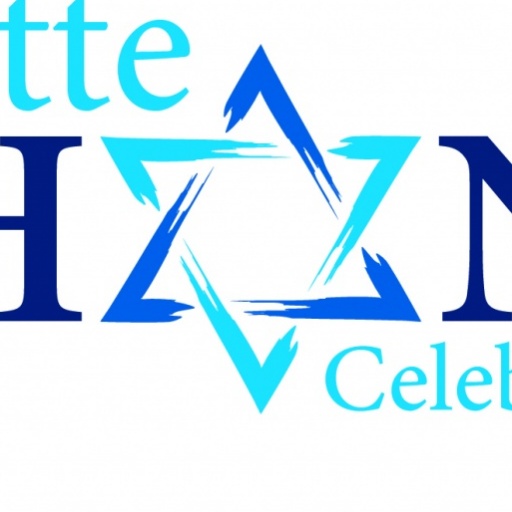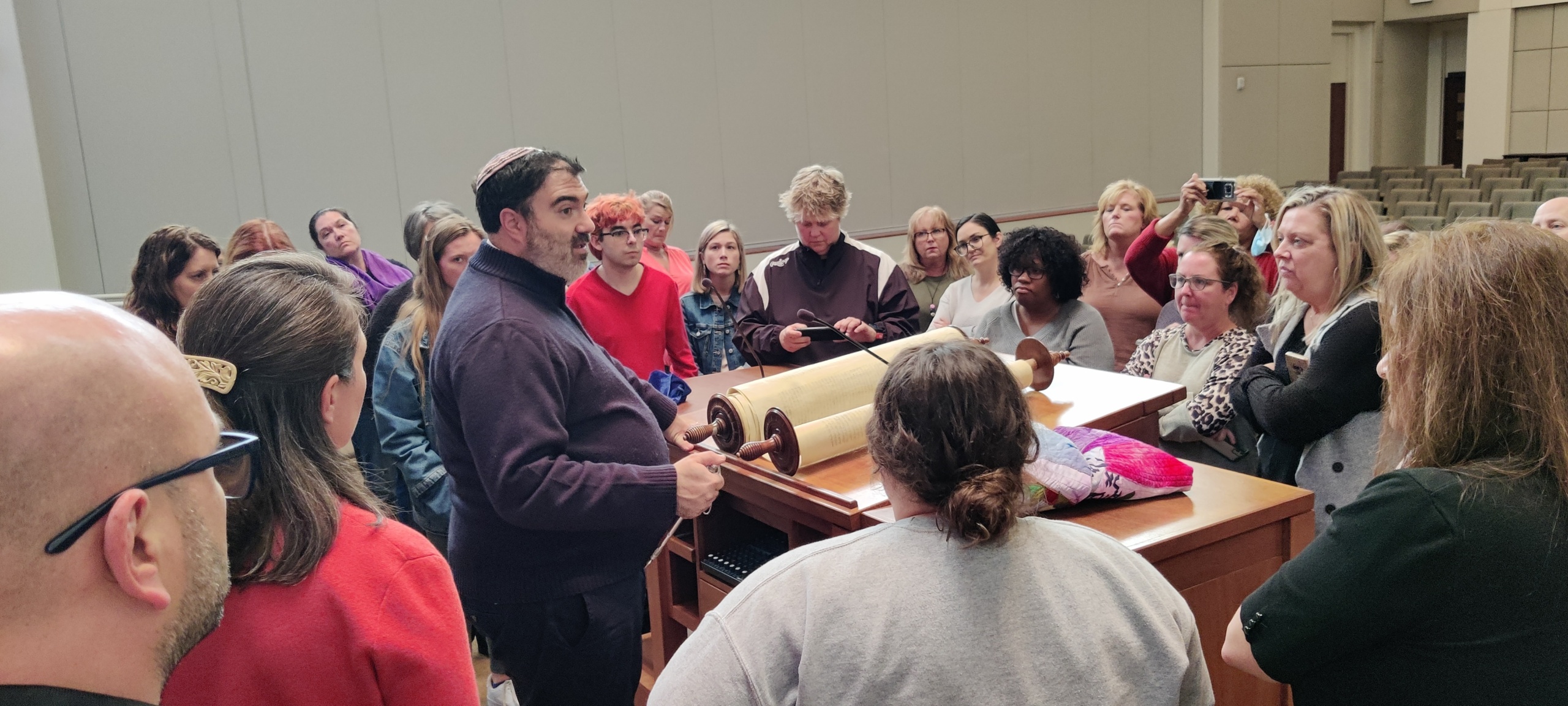By Mike Abramson and Mitch Rifkin
After listening to the late Susan Cernyak-Spatz, a Holocaust survivor and founding member of the North Carolina Council on the Holocaust, speak about her experiences in the Holocaust, I asked her what Americans in general, and Jews in particular, should do to respond to her call for action. Without hesitation she replied, “Teach the children!”
In 2007, I was appointed to the North Carolina Council on the Holocaust. And then, in 2012, I was appointed chairman of the North Carolina Holocaust Foundation. The primary mission of both these organizations is the same: “To educate North Carolina citizens, especially North Carolina public school teachers and students, about the facts and lessons learned from the Holocaust and to teach the teachers how to teach the Holocaust to their students.”
The lessons learned from the Holocaust provide the underlying principles that foster the values of tolerance, compassion, inclusion, and pluralism in our community. Learning about the Holocaust opens a window to Jewish culture in ways that secular studies often do not.
This past November at Charlotte’s Temple Beth El, the Holocaust Council presented a teacher workshop entitled, “Antisemitism and the Denial & the Distortion Movement in the United States.”
Although the Holocaust has the dubious distinction of being the best documented genocide in the world, there are antisemites who deny that it happened. Thus the workshop began with 54 teachers from Charlotte Mecklenburg schools and six surrounding counties teachers learning the history of antisemitism. The Holocaust Council used resources that included the use of recorded Holocaust survivor and US Army liberator testimony, documentaries on the history of the Holocaust, podcasts, and a look at modern antisemitism. In addition, information collected by Deborah Lipstadt, Special Envoy to Monitor and Combat Antisemitism in the United States, and the United States Holocaust Memorial Museum was disseminated during the workshop.
The teachers in attendance asked many questions and learned how to help their students understand the difference between facts, opinions, and beliefs — opinions and beliefs can be skewed when facts are distorted or manipulated. One teacher from Union County wrote, “I received a great deal of new information, especially regarding how pervasive antisemitism has been and continues to be.” The teachers will take these effective lessons back to their classrooms so that they can become advocates for the truth.
The topic of the workshop couldn’t be timelier in our public schools as incidents of antisemitism at schools are at an all-time high, according to the North Carolina Department of Public Instruction.
The second session of the day provided a lesson on Holocaust denial, which is born out of antisemitism and distortions of truth. Teachers studied a film produced by the US Holocaust Museum and Deborah Liptstadt’s website which debunks Holocaust denial arguments. Teachers then explored the topics of propaganda and Holocaust denial through the lens of classroom-ready lessons that they could use immediately. Andrew, a teacher from Salisbury, shared how teachers appreciated these classroom-tested lessons: “This workshop provided phenomenal resources that I can share with my school.”
The teachers learned about how antisemitism and denial can present itself in our classrooms through a story presented in Liza Weimer’s book, The Assignment. Based on the true story of an assignment in a Wisconsin classroom where a favorite teacher instructed a group of students to argue for the Final Solution —to defend the indefensible, Weimer joined the workshop via Zoom to share how antisemitism and denial are woven into this real-life story and answered teachers’ questions.
This session was followed by Rabbi Asher Knight, Senior Rabbi of Temple Beth El, answering teachers’ questions about Judaism and showing them a Holocaust Torah that is over three hundred years old. The participants peppered the rabbi with questions about Judaism and the symbols in the synagogue.
The workshop ended with the teachers hearing from Holocaust survivor Margot Lobree, who was put on the Kindertransport as a young girl by her mother, an act that saved her life, even though her mother and other members of her family perished in the Holocaust. Margot shared her story virtually through Zoom from Winston-Salem and answered questions from the teachers for almost an hour.
Melissa, a teacher from Charlotte, summed up what many of the teachers felt after attending the workshop: “The workshop provided a very good springboard to present to my colleagues and students, from using primary sources, the importance of proving ideas and thinking with credible evidence; how small, negative actions can lead to a more dynamic and harmful situation;[the importance of] being an upstander rather than a bystander [and] treating all people with respect and dignity, and dispelling hate and misinformation.”
The North Carolina Council on the Holocaust provides both in-person workshops for teachers in different locations throughout the state as well as webinars that any teacher can access each school year. The main concentration for locations is in the rural counties.
The North Carolina Council on the Holocaust is the only organization mandated by the state’s legislators to teach the lessons of the Holocaust. The Holocaust Council is part of the state’s first responders regarding any reported incident of hate or antisemitism that occurs in the public schools.
It has been estimated by the Department of Public Instruction that the Holocaust Council’s programs of exhibits, speakers, plays, and workshops on the Holocaust have impacted over 5 million students and teachers over the past 40 years.
We encourage individuals not to be Bystanders, but to become Upstanders who fight against social injustices and anttisemitism wherever possible and safely, intelligently, articulately, and effectively confront hate crimes and hate speech when encountered.
Let us all do our part so that the hope of Holocaust survivors will be realized. We honor them by “teaching the children.”
If you’d like to know more about the North Carolina Holocaust Foundation, please email Mitch Rifkin, chairman of the North Carolina Holocaust Foundation: [email protected]
We deeply appreciate any donations that you would like to make to support the programs of the North Carolina Council on the Holocaust. Please make your check out to The North Carolina Holocaust Foundation, a 501 (c) 3 nonprofit organization, and mail to 5704 Crooked Stick Trail, Raleigh, NC 27612. You can also use PayPal, paypal.com/us/fundraiser/charity/1931798.


